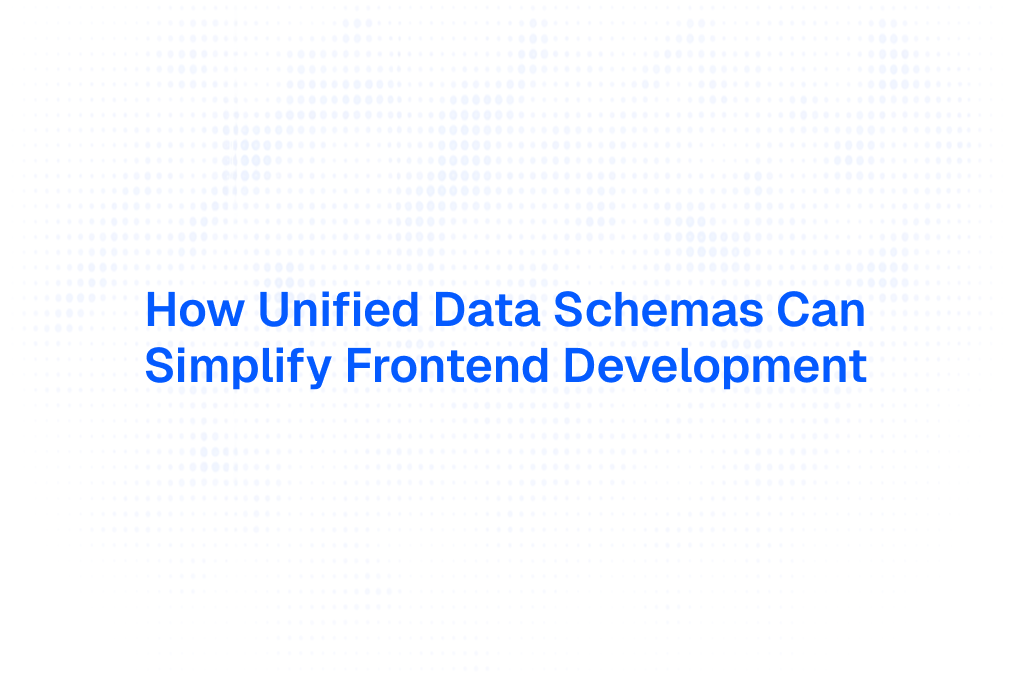Understanding Blockchain API Aggregators
The rise of blockchain technology has led to an increasing demand for efficient and effective ways to interact with various blockchain networks. Blockchain API aggregators have emerged as a solution, providing developers with streamlined access to multiple blockchain services through a single interface. This article delves into the intricacies of blockchain API aggregators, their benefits, functionalities, and how they can be leveraged to enhance blockchain application development.
What is a Blockchain API Aggregator?
A blockchain API aggregator is a service that consolidates multiple blockchain APIs into a single interface, allowing developers to access various blockchain functionalities without needing to interact with each API individually. This can include services such as transaction processing, data retrieval, and smart contract interactions across different blockchain networks.
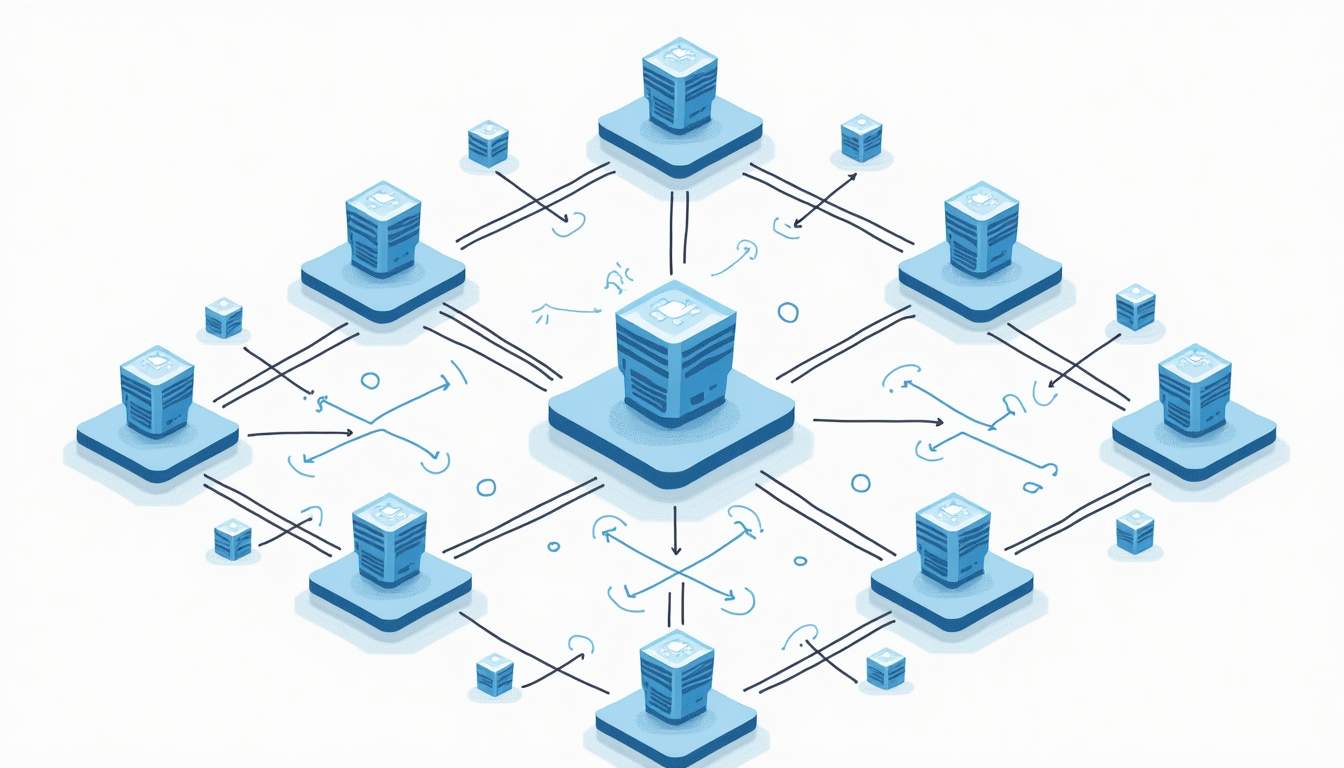
By utilizing an API aggregator, developers can save time and resources, as they do not have to manage multiple API keys, documentation, or endpoints. Instead, they can focus on building their applications while the aggregator handles the complexities of interacting with different blockchains.
Key Features of Blockchain API Aggregators
- Unified Access: Provides a single endpoint for multiple blockchain services, simplifying the development process.
- Cross-Chain Compatibility: Enables interaction with various blockchain networks, facilitating interoperability.
- Real-Time Data: Offers access to real-time blockchain data, such as transaction status and block confirmations.
- Scalability: Supports scaling applications by allowing developers to easily integrate additional blockchain services as needed.
Benefits of Using a Blockchain API Aggregator
Incorporating a blockchain API aggregator into your development workflow can yield numerous advantages. These benefits can significantly enhance the efficiency and effectiveness of blockchain application development.
Time and Cost Efficiency
One of the most significant advantages of using a blockchain API aggregator is the time and cost savings it offers. By reducing the need to interact with multiple APIs, developers can streamline their workflows and minimize the overhead associated with managing different services. This efficiency translates into lower development costs and faster time-to-market for blockchain applications.
Simplified Development Process
Developers often face challenges when working with multiple blockchain APIs, including varying documentation, authentication methods, and response formats. A blockchain API aggregator simplifies this process by providing a consistent interface and standardized methods for accessing blockchain functionalities. This uniformity allows developers to focus on building their applications rather than navigating the complexities of individual APIs.
Enhanced Security
Security is a paramount concern in blockchain development. By using an API aggregator, developers can benefit from enhanced security measures implemented by the aggregator service. These may include secure authentication protocols, encrypted data transmission, and regular security audits. This added layer of security helps protect sensitive data and reduces the risk of vulnerabilities associated with direct API interactions.
How to Choose the Right Blockchain API Aggregator
With numerous blockchain API aggregators available in the market, selecting the right one for your project can be challenging. Here are some critical factors to consider when evaluating potential aggregators.
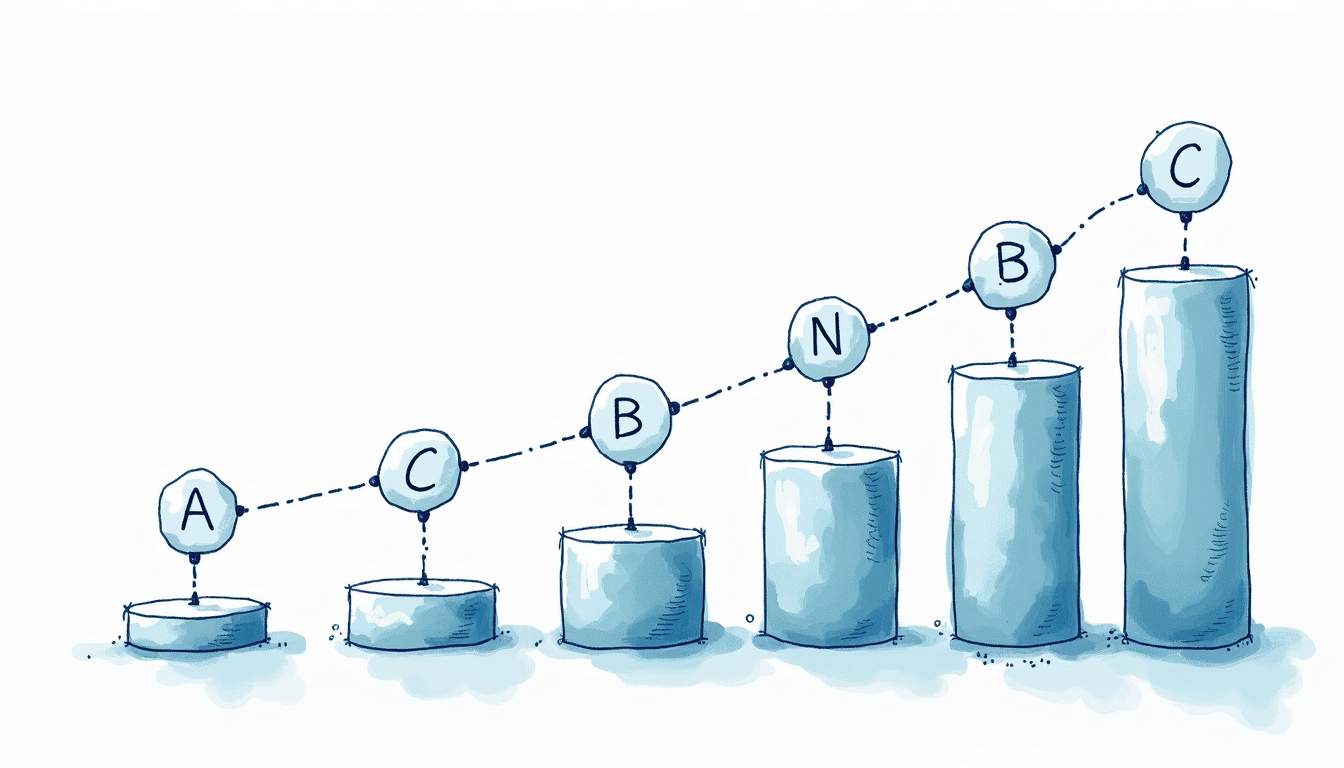
Supported Blockchains
Different aggregators support various blockchain networks. It is essential to choose an aggregator that aligns with the specific blockchains you intend to work with. Ensure that the aggregator provides access to the networks that are most relevant to your application’s requirements.
Documentation and Support
Comprehensive documentation is crucial for a smooth development experience. Look for aggregators that offer clear, detailed documentation, including code examples and use cases. Additionally, consider the level of customer support provided. Responsive support can be invaluable when troubleshooting issues or seeking guidance during development.
Performance and Reliability
The performance and reliability of an API aggregator are critical factors that can impact your application’s functionality. Research the aggregator’s uptime, response times, and overall performance metrics. User reviews and case studies can provide insights into the reliability of the service.
Common Use Cases for Blockchain API Aggregators
Blockchain API aggregators can be utilized in various scenarios across different industries. Understanding these use cases can help developers identify opportunities to leverage aggregators in their projects.
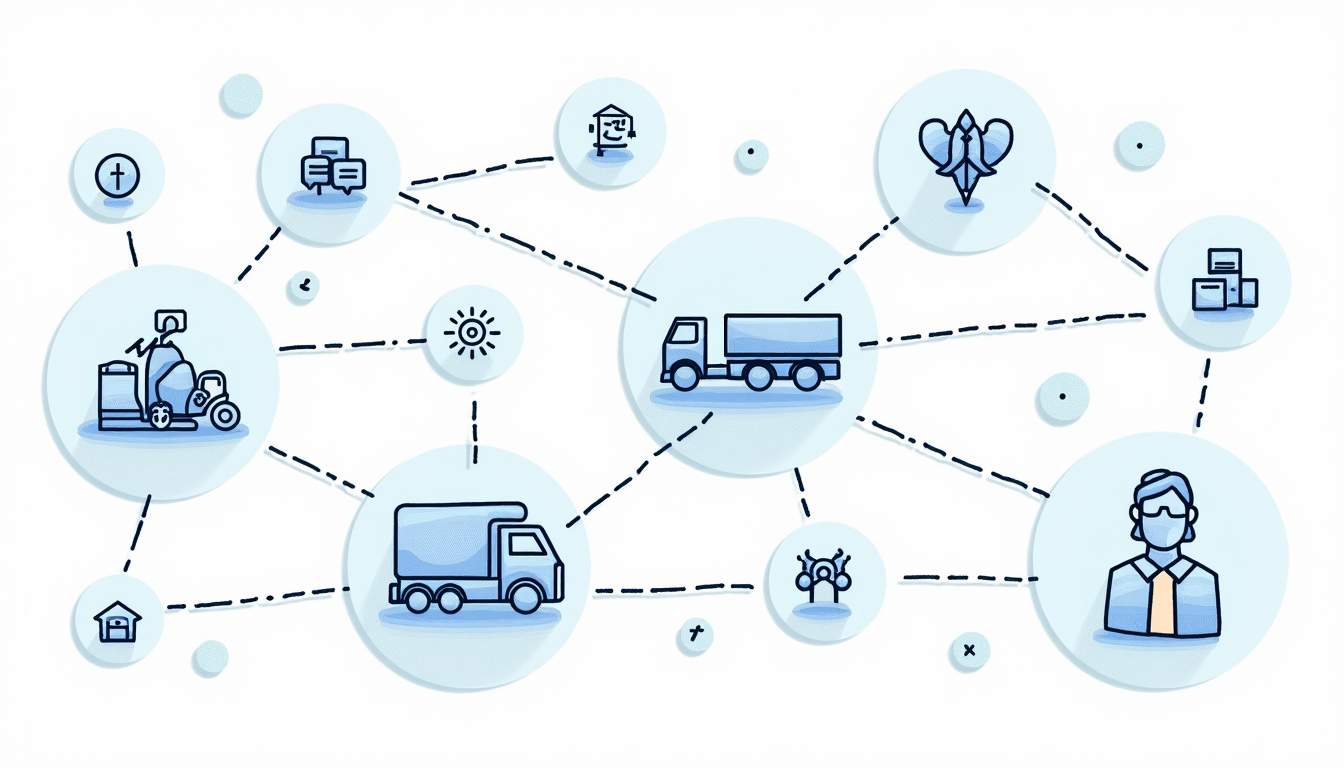
Decentralized Finance (DeFi)
The DeFi sector has experienced explosive growth, with numerous platforms offering services such as lending, borrowing, and trading. Blockchain API aggregators can facilitate seamless interactions with multiple DeFi protocols, enabling developers to create applications that aggregate liquidity, optimize trading strategies, and enhance user experiences.
Non-Fungible Tokens (NFTs)
As the popularity of NFTs continues to rise, developers are seeking efficient ways to create, manage, and trade these digital assets. Blockchain API aggregators can simplify the process of interacting with various NFT marketplaces and platforms, allowing developers to build applications that support NFT minting, trading, and ownership verification.
Supply Chain Management
Blockchain technology is increasingly being adopted for supply chain management due to its transparency and traceability features. API aggregators can help developers create applications that monitor and verify the movement of goods across multiple blockchain networks, ensuring data integrity and enhancing overall supply chain efficiency.
Challenges and Considerations
While blockchain API aggregators offer numerous benefits, there are also challenges and considerations to keep in mind when integrating them into your projects.
Dependency on Third-Party Services
Using an API aggregator means relying on a third-party service for critical functionalities. This dependency can pose risks if the aggregator experiences downtime, changes its pricing model, or discontinues support for specific blockchains. It is essential to evaluate the long-term viability of the aggregator and consider contingency plans in case of service disruptions.
Data Privacy and Compliance
When working with blockchain data, especially in regulated industries, data privacy and compliance are paramount. Ensure that the aggregator adheres to relevant regulations and implements robust data protection measures. Understanding how the aggregator handles data storage, processing, and sharing is crucial for maintaining compliance.
Conclusion
Blockchain API aggregators play a vital role in simplifying the development of blockchain applications by providing unified access to multiple blockchain services. By understanding their functionalities, benefits, and use cases, developers can leverage these tools to enhance their projects and streamline their workflows. However, it is essential to carefully evaluate potential aggregators based on supported blockchains, documentation, performance, and security to ensure a successful integration into your development process.
As the blockchain ecosystem continues to evolve, the importance of efficient and effective tools like API aggregators will only grow. Embracing these innovations can position developers at the forefront of blockchain technology, enabling them to create robust, scalable applications that meet the demands of the future.
Ready to simplify your blockchain development process and take advantage of the benefits discussed in this article? Start building with Uniblock today and join over 2,000 developers who are already experiencing the ease of connecting to blockchain data through our Web3 infrastructure orchestration platform. With Uniblock, you'll enjoy maximized uptime, reduced latency, and significant savings on infrastructure costs, all while eliminating vendor lock-in. Whether you're working on dApps, tooling, or analytics, let Uniblock remove the manual hassle of managing decentralized infrastructure so you can scale with confidence.
.svg)
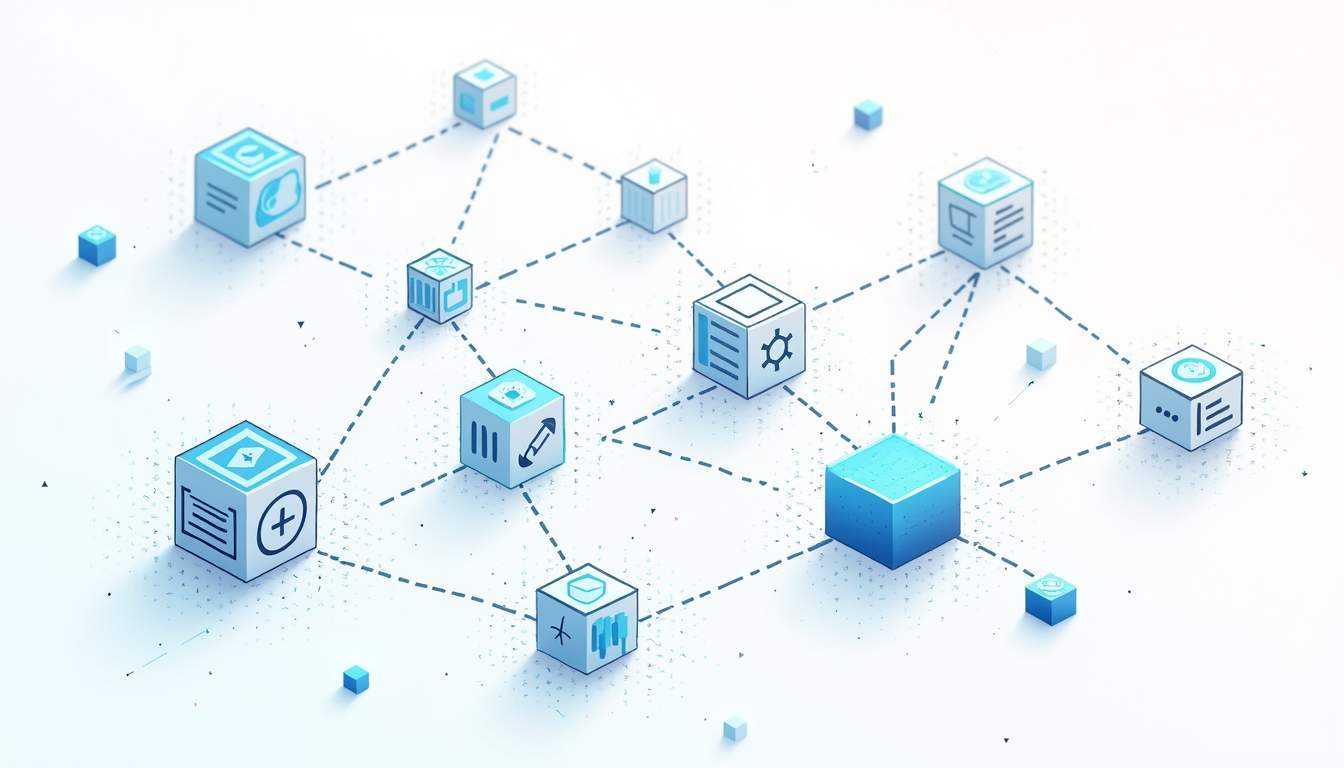
.png)
